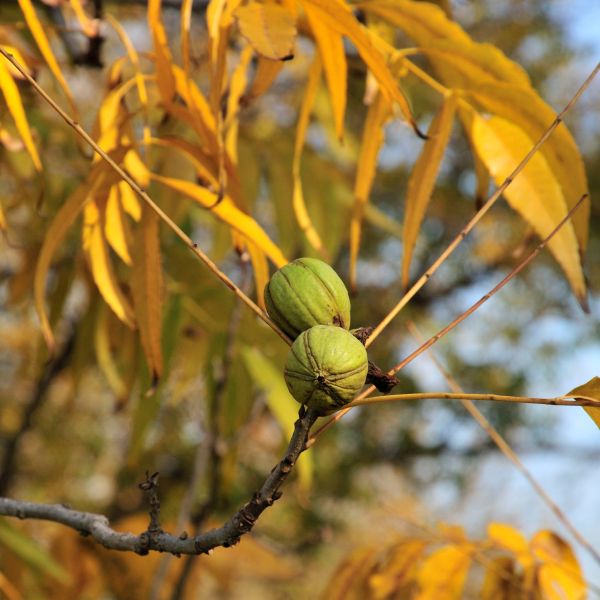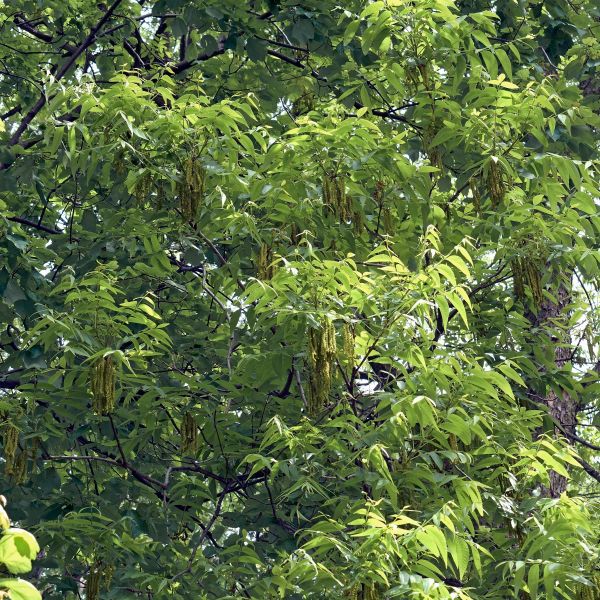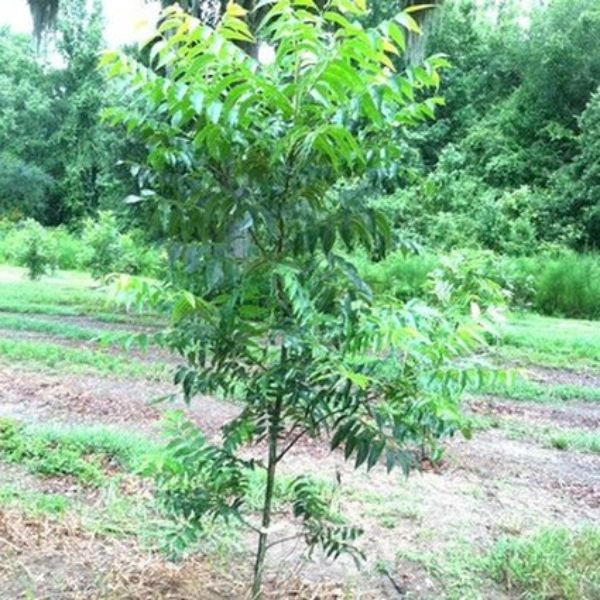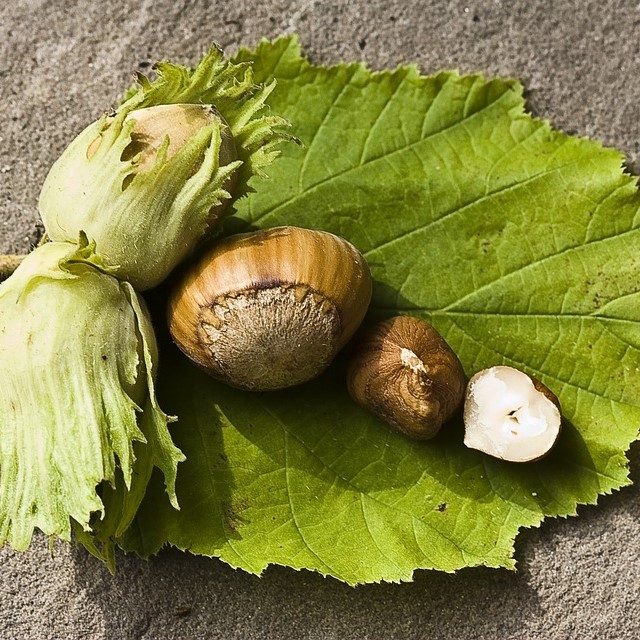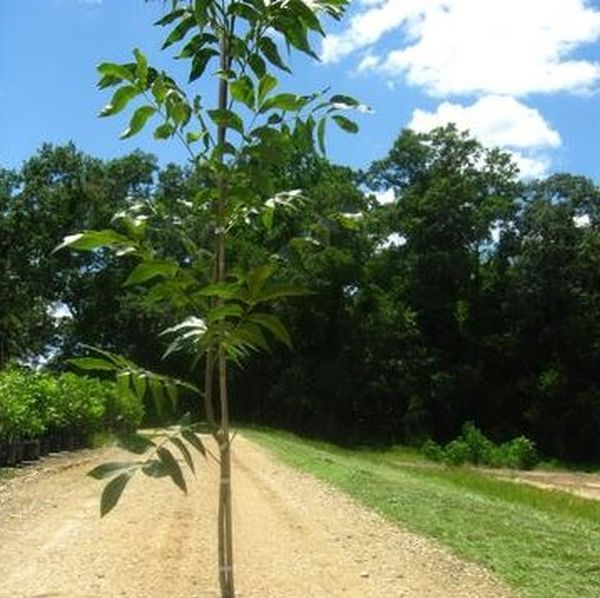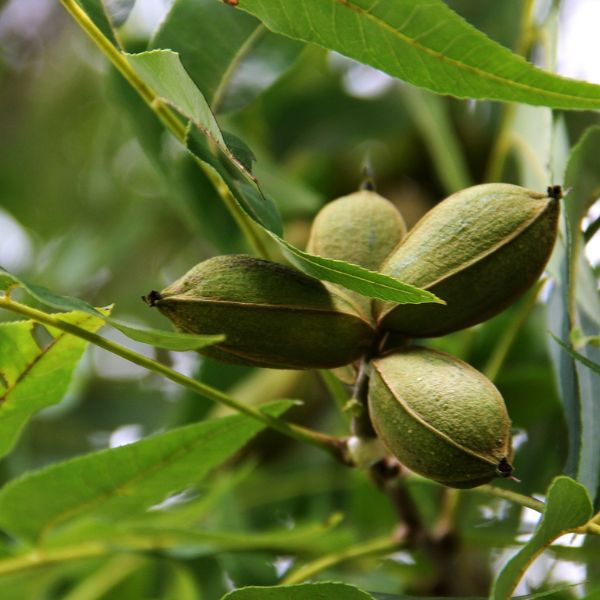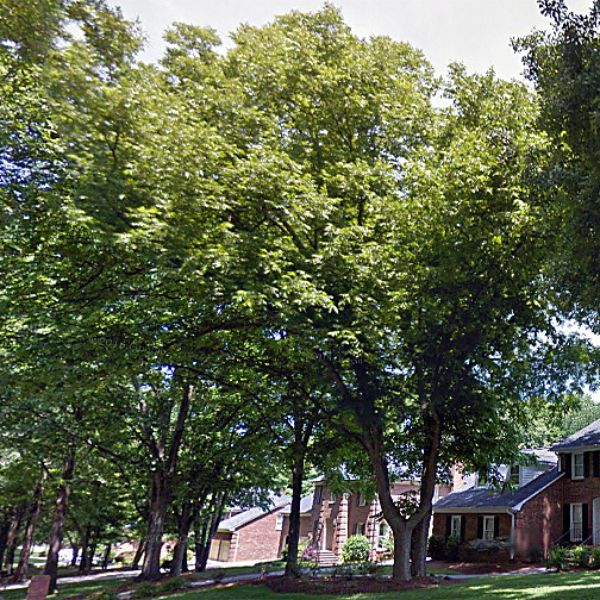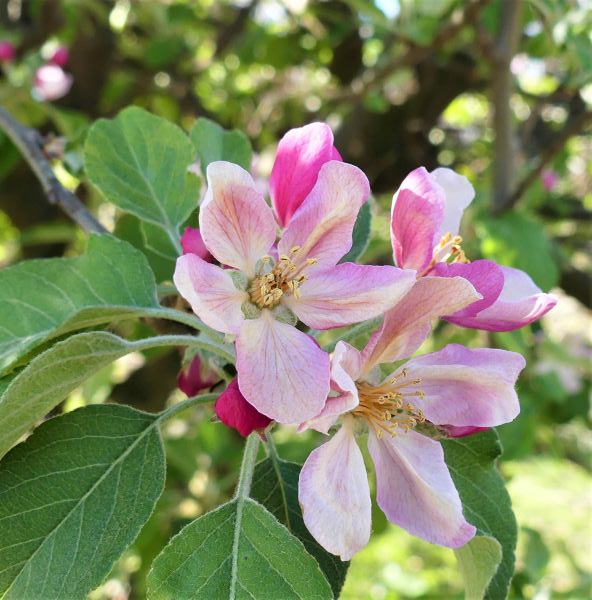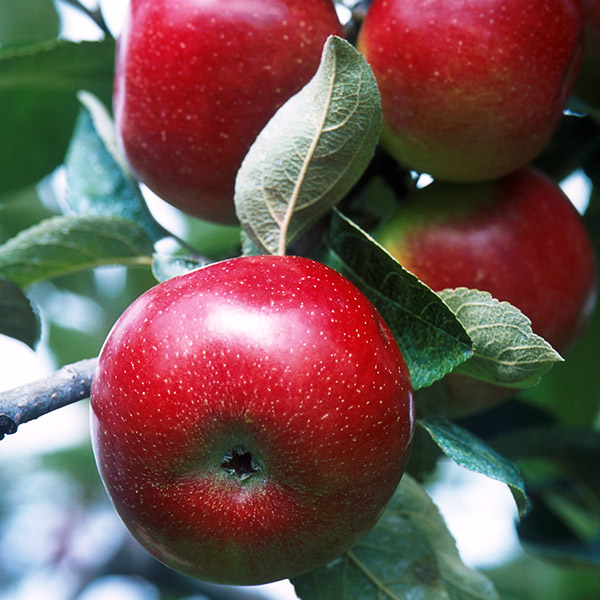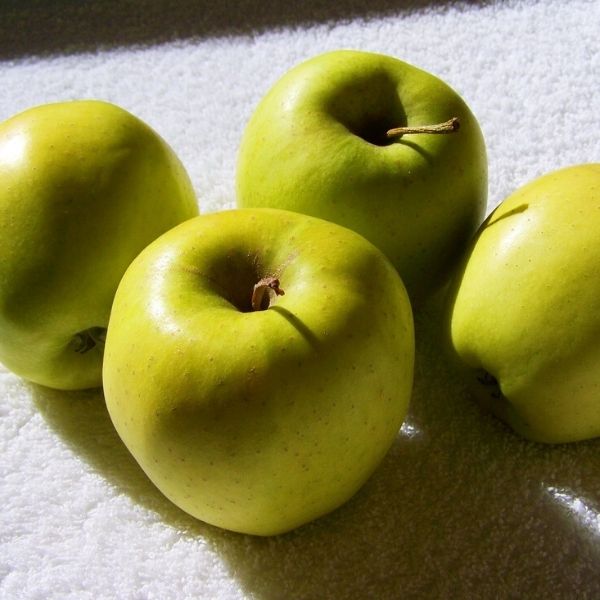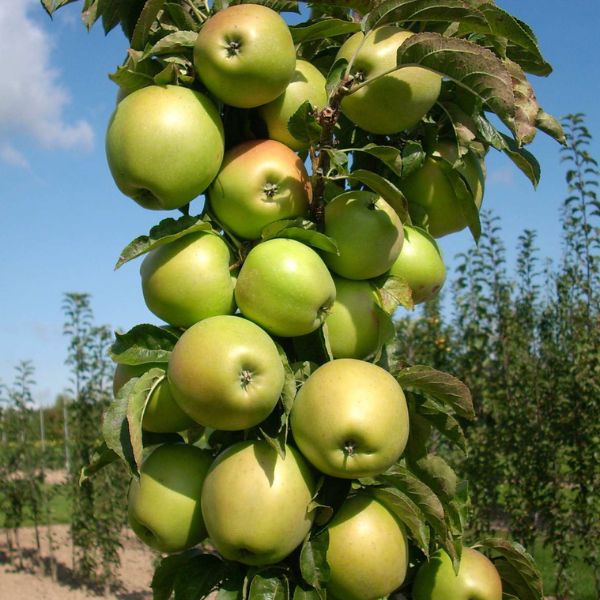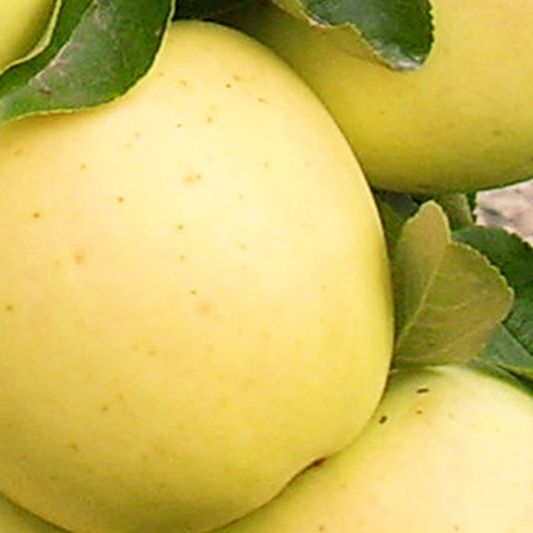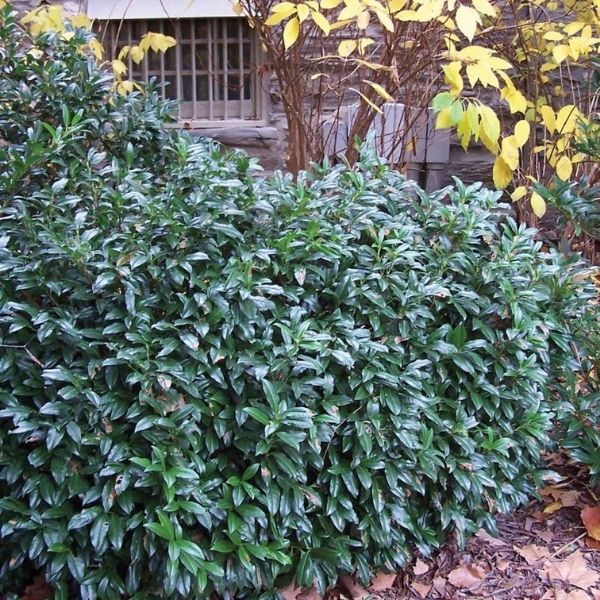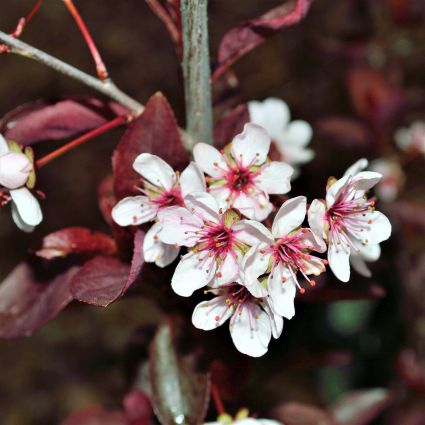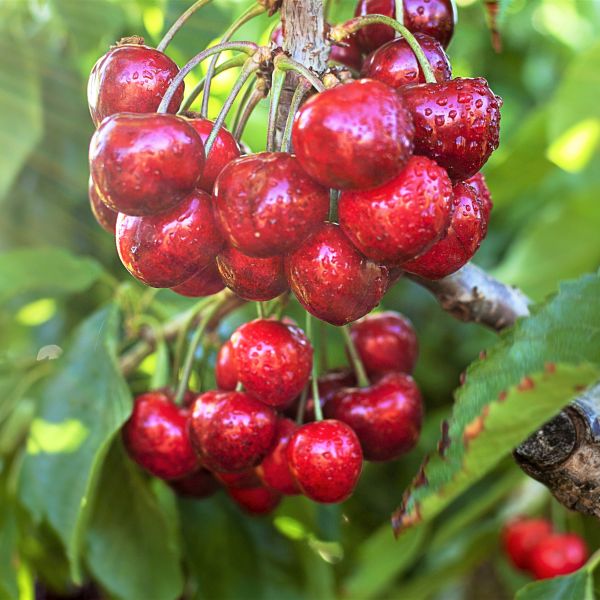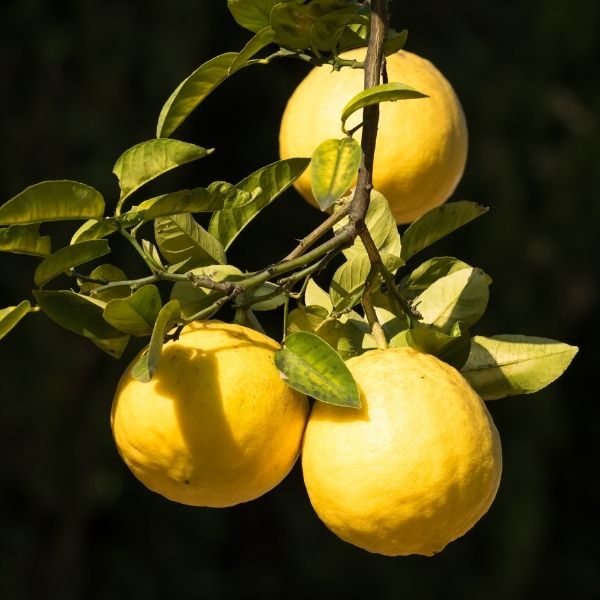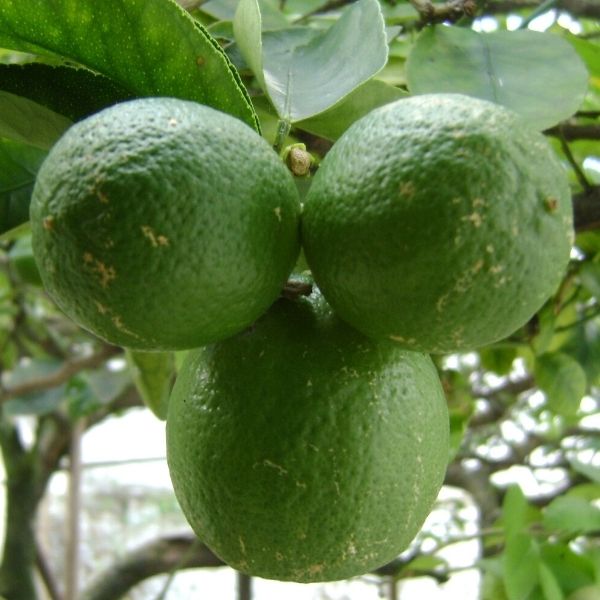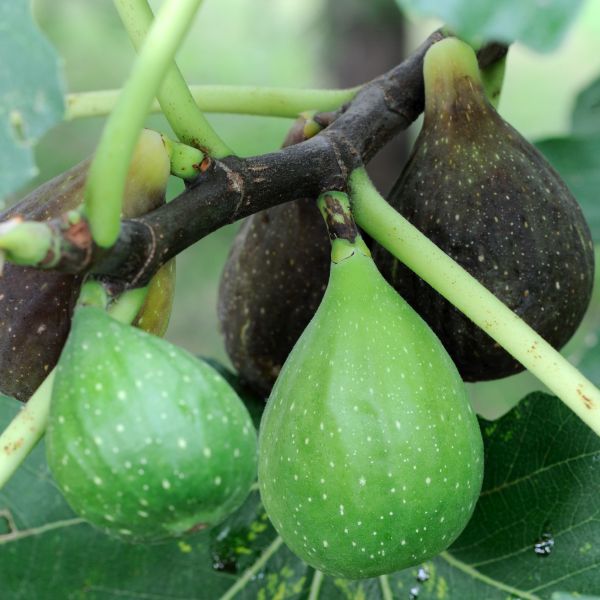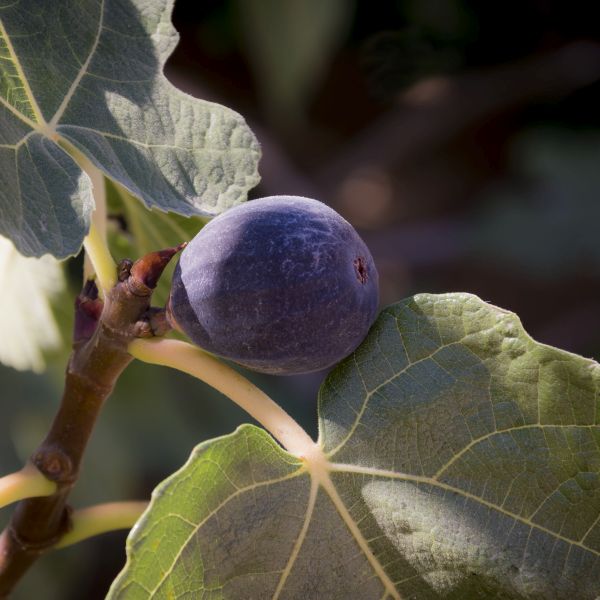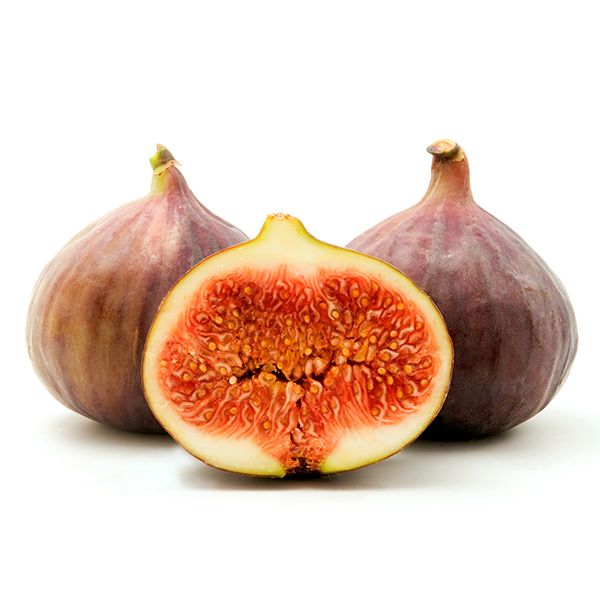Hardy Pecan
Carya illinoinensis
8 reviews
Hardy Pecan
Carya illinoinensis
8 reviews
- Higher yield of pecans compared to other varieties
- Tolerant to colder temperatures, making it suitable for more northern regions
- Resistant to diseases common in pecan trees, reducing the need for pesticides
- Ships in 3 to 7 days
- Free Shipping
- Plant Arrival Guarantee
- In Stock
$162.00
$178.2
10% Off
3.5 Gallon
Why Hardy Pecan?
The Hardy Pecan (Carya illinoinensis) is a popular tree species known for its ability to withstand harsh weather conditions and adapt to different soil types. It is sought after for its delicious and nutrient-rich nuts, which are often used in baking and cooking. The tree's hardiness makes it suitable for cultivation in various regions, ensuring a consistent supply of this tasty and nutritious nut.
People who loved this plant also bought
Sunlight
Hardy Pecan trees require full sun to thrive and produce abundant crops.
Watering
The watering requirement for Hardy Pecan trees is moderate, typically ranging from 1 to 2 inches of water per week. It is important to provide consistent moisture, especially during drought periods, to ensure healthy growth and nut production.
Fertilizing
Hardy Pecan trees generally require a fertilizing regimen that includes applying balanced fertilizer, such as a 10-10-10 formula, during the growing season, and providing additional nitrogen-rich fertilizer in the spring and early summer to support healthy
Hardy Pecan (Carya illinoinensis)
The Hardy Pecan, scientifically known as Carya illinoinensis, is a deciduous tree native to North America. It is highly valued for its delicious and nutritious nuts. The tree has a strong and sturdy nature, making it suitable for various landscapes, including home gardens and orchards.
With an average height between 70 to 100 feet, the Hardy Pecan displays an upright, spreading canopy that provides ample shade. Its attractive gray-brown bark adds to its visual appeal. The tree's foliage consists of pinnately compound leaves that are bright green during the growing season before turning a vibrant yellow in the fall.
The Hardy Pecan is a highly productive tree, typically yielding an abundant crop of large, oval-shaped nuts with a thin, dark brown shell. The inner kernel boasts a rich, buttery flavor that is cherished by nut lovers. Along with their delicious taste, pecans are packed with essential nutrients, including healthy fats, protein, fiber, and various vitamins and minerals.
This pecan variety is known for its exceptional cold hardiness, capable of withstanding temperatures as low as -20°F (-29°C). It thrives in full sun and well-drained soil, preferring slightly acidic to slightly alkaline pH levels. The Hardy Pecan is also known to be drought-tolerant once established, making it a resilient choice for different climate conditions.
Whether you're a home gardener, an orchardist, or simply a lover of pecans, the Hardy Pecan tree is a must-have. Not only does it provide a bountiful harvest, but it also adds beauty and shade to your landscape. Plant this remarkable tree and enjoy the taste of fresh, homegrown pecans straight from your own garden.
Plant Information:
| Botanical Name: | Carya illinoinensis |
| USDA Zones: | 5-9 |
| Water: | Moderate |
| Exposure: | Full Sun |
| Soil Needs: | Widely Adaptable |
| Mature Height: | 70 - 90 feet |
| Mature Spread: | 40 - 75 feet |
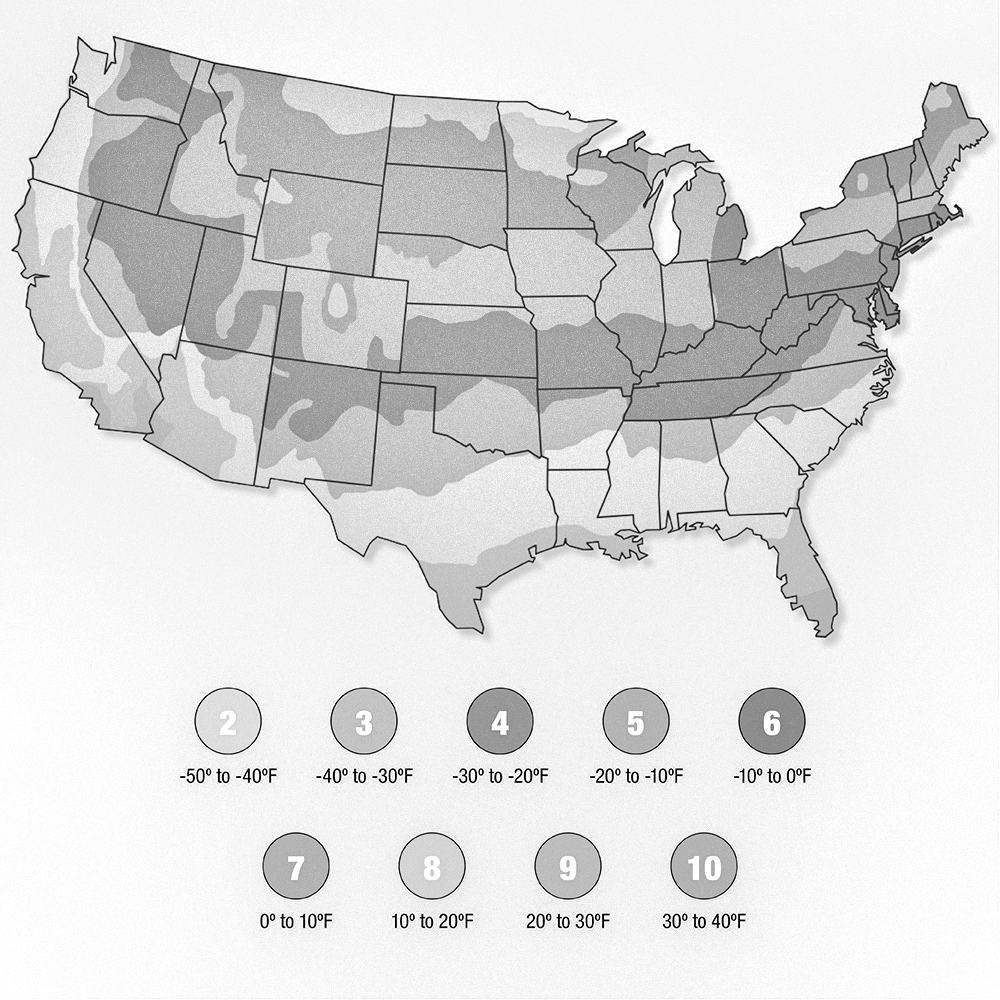
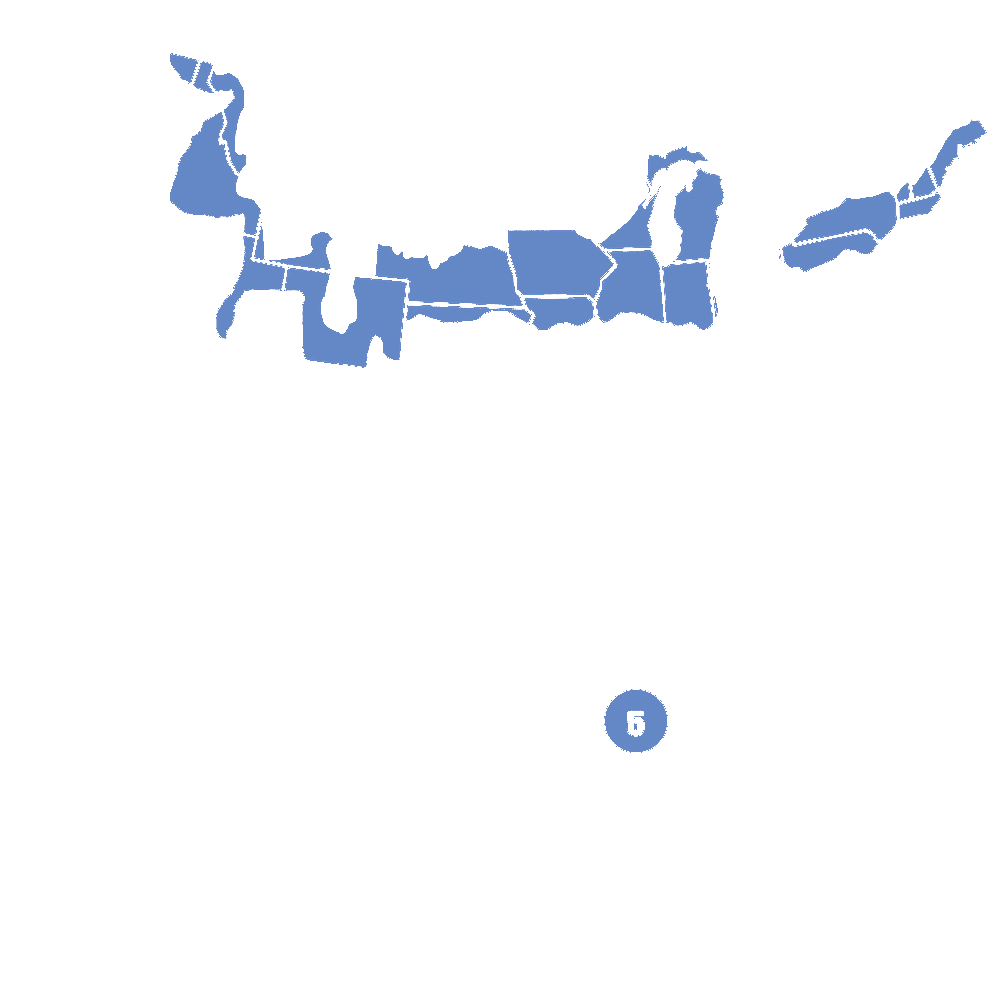
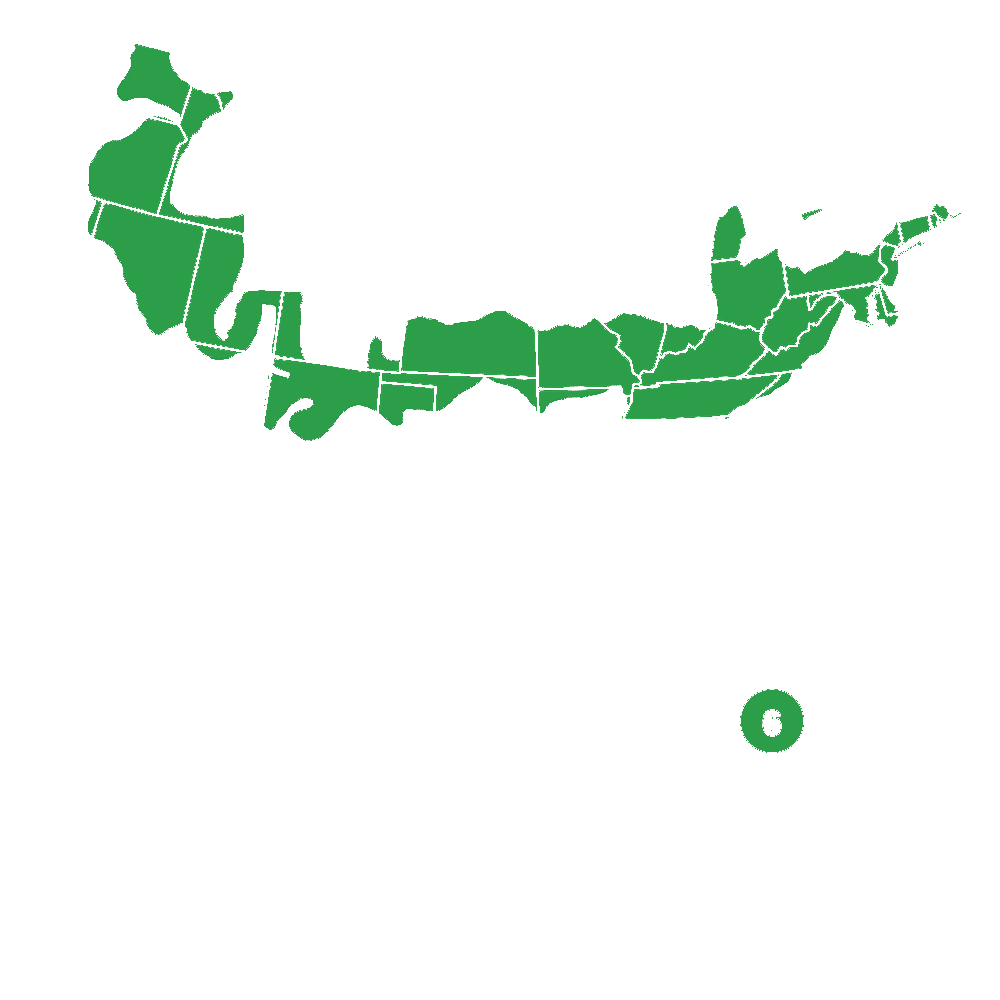
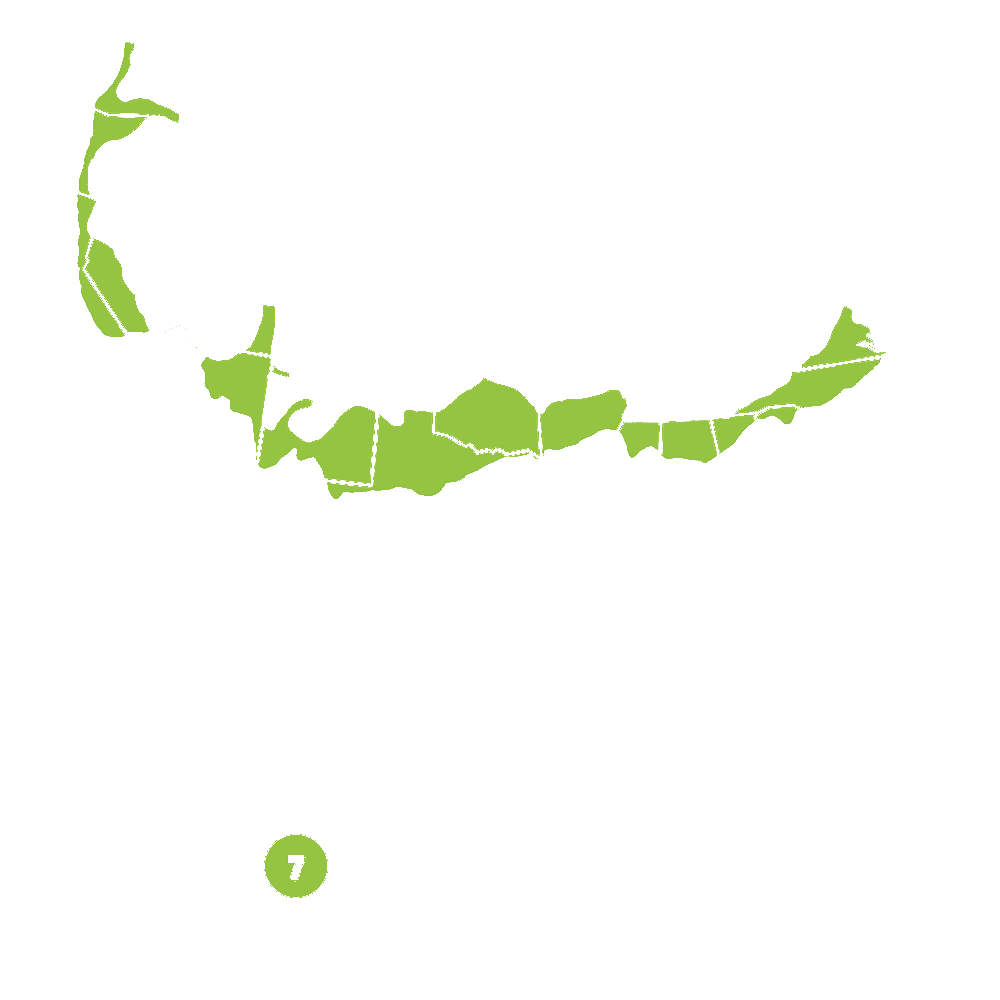
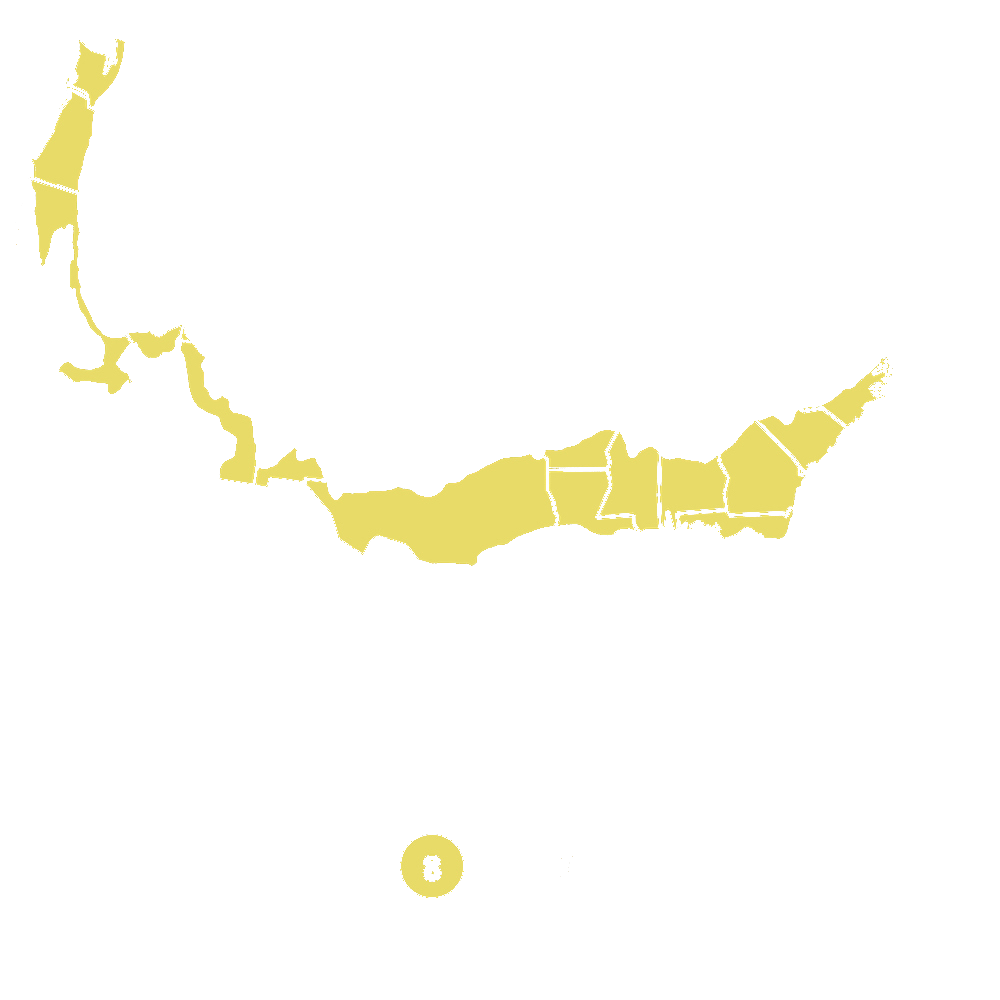
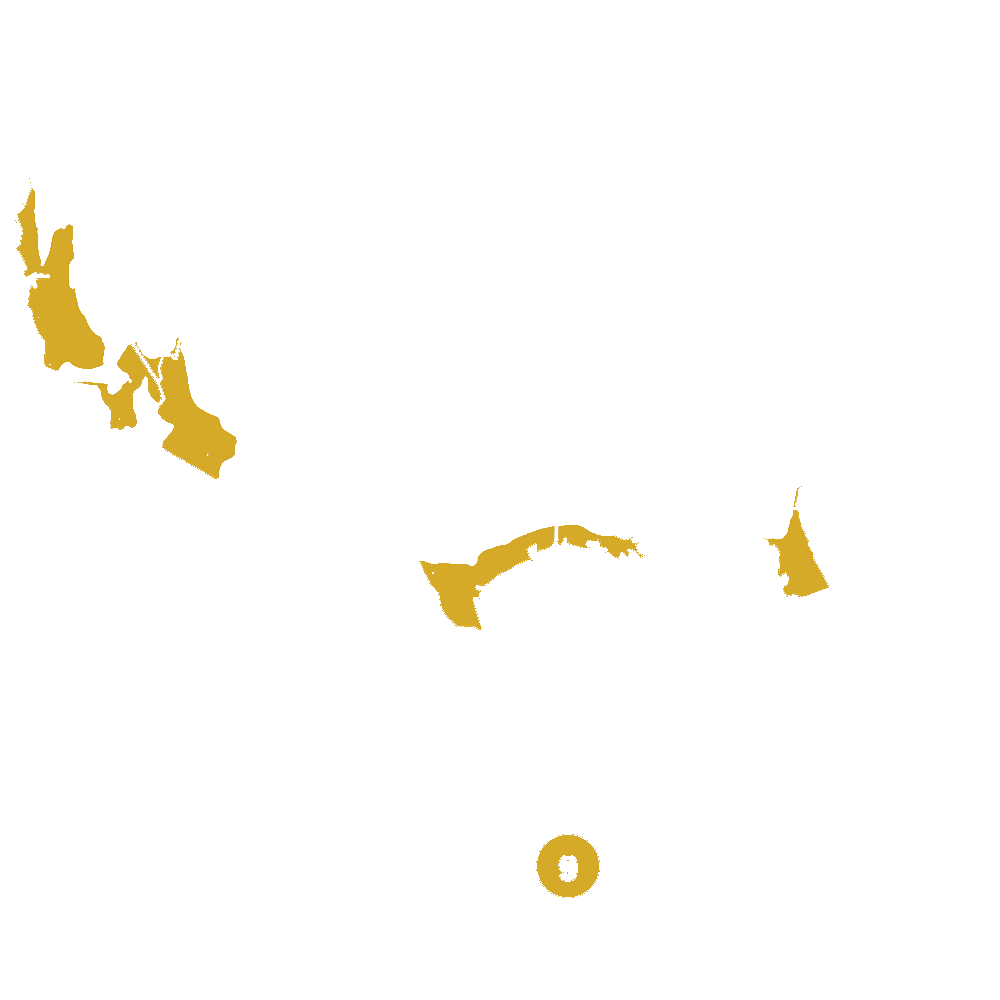
Pollination Info
Pollination Information for Hardy Pecan (Carya illinoinensis)
Types of Hardy Pecan Trees
The Hardy Pecan tree is monoecious, meaning it has both male and female flowers on the same tree but in separate locations. There are two types of Hardy Pecan trees:
- Protandrous: These trees have male flowers mature earlier than female flowers. They are also known as Type I pecans.
- Protogynous: These trees have female flowers mature earlier than male flowers. They are also known as Type II pecans.
Pollination Process
Pecan trees rely on wind or insects for pollination since they do not produce nectar to attract pollinators. The pollination process is as follows:
- Pollen is shed from the male flowers of the pecan tree.
- Pollen grains are carried by wind or insects to the female flowers.
- If pollination is successful, the female flowers are fertilized, leading to the development of pecan kernels.
Cross-Pollination
Hardy Pecan trees require cross-pollination, which means they need pollen from a different variety of pecan tree to ensure successful fertilization. Cross-pollination enhances genetic diversity and leads to better nut production.
Recommended Pollinators
For proper cross-pollination, it is recommended to plant different varieties of Hardy Pecan trees in close proximity to each other. Ideally, select a mixture of protandrous (Type I) and protogynous (Type II) trees to provide compatible pollen sources. Some common recommended pollinators for Hardy Pecan trees include:
- Lakota
- Kanza
- Colby
- Major
- Starking Hardy Giant
Pollination Period
The flowering and pollination period for Hardy Pecan trees typically occurs in late spring or early summer, depending on the climate. The exact timing may vary slightly based on your geographical location and weather conditions.
Note
Ensure that the flowering times of the pecan tree varieties you choose for cross-pollination overlap to maximize the chances of successful fertilization and abundant nut production.
FAQ
FAQ - Hardy Pecan (Carya illinoinensis)
1. What is a Hardy Pecan?
A Hardy Pecan, scientifically known as Carya illinoinensis, is a type of pecan tree that is known for its ability to tolerate colder climates.
2. How tall does a Hardy Pecan tree grow?
Hardy Pecan trees can grow up to 70-100 feet tall.
3. What is the hardiness zone for Hardy Pecans?
Hardy Pecans are typically suited for USDA hardiness zones 5-9.
4. Can Hardy Pecans withstand cold winters?
Yes, Hardy Pecan trees have better cold tolerance compared to other pecan varieties, making them suitable for regions with colder winters.
5. What is the ideal soil type for growing Hardy Pecans?
Hardy Pecan trees prefer deep, well-drained soil with a pH ranging from 6.0 to 6.5. They can also tolerate slightly acidic or alkaline soils.
6. How much sunlight do Hardy Pecans require?
Hardy Pecans thrive in full sunlight, requiring at least 6 hours of direct sunlight per day for optimal growth and nut production.
7. When do Hardy Pecan trees bear fruit?
Hardy Pecans generally start bearing fruits after 6-10 years of growth, with the peak harvest period occurring in the fall.
8. How long does it take for Hardy Pecans to mature?
It takes approximately 12-15 years for Hardy Pecan trees to reach full maturity and produce high-quality nuts.
9. Are Hardy Pecans self-pollinating?
No, Hardy Pecans are not self-pollinating. They require cross-pollination with another compatible pecan tree for proper nut production.
10. Can I grow Hardy Pecans in containers or pots?
While it is possible to grow Hardy Pecans in containers initially, they are not well-suited for long-term container cultivation, as their extensive root systems require ample space.
11. How often should I water my Hardy Pecan tree?
Young Hardy Pecans trees should be watered regularly, providing approximately 1-1.5 inches of water per week. Established trees may only require supplemental watering during prolonged dry periods.
12. Do Hardy Pecan trees require pruning?
Yes, Hardy Pecan trees benefit from regular pruning. Pruning helps maintain tree structure, promotes air circulation, and removes dead or diseased branches. It is best done during the dormant season.
13. How do I protect my Hardy Pecans from pests and diseases?
Regular inspection, proper sanitation practices, and appropriate insecticide/fungicide treatments (if necessary) can help protect Hardy Pecan trees from pests and diseases such as pecan weevils, aphids, scab, and powdery mildew.
14. Can I grow Hardy Pecans from seeds?
Yes, Hardy Pecans can be grown from seeds, but keep in mind that the resulting trees may not possess the exact characteristics or quality of the parent tree. It is more common to propagate pecan trees through grafting or budding techniques.
15. How can I harvest and store Hardy Pecans?
Hardy Pecans can be harvested by shaking the tree branches or collecting fallen nuts. After harvesting, the pecans should be dried properly and stored in airtight containers in a cool, dry place to maintain quality and prevent spoilage.
Planting & Care
Planting & Care for Hardy Pecan (Carya illinoinensis)
Planting:
1. Choose a suitable location: Select a site that receives full sun and has well-draining soil. 2. Prepare the soil: Loosen the soil and remove any weeds or grass from the planting area. Pecan trees prefer slightly acidic soil. 3. Dig a hole: Dig a hole that is twice as wide and as deep as the root ball of the young pecan tree. 4. Place the tree: Carefully place the tree into the hole, ensuring that the root collar (where the roots meet the trunk) is level with or slightly above the ground. 5. Backfill the hole: Fill the hole with soil, gently firming it around the roots to remove any air pockets. Avoid compacting the soil too firmly. 6. Water thoroughly: Water the tree immediately after planting to help settle the soil and establish good root-to-soil contact.Care:
1. Watering: Pecan trees need regular watering, especially during hot and dry periods. Provide deep irrigation once a week, ensuring the water reaches the tree's root zone. 2. Mulching: Apply a layer of organic mulch, such as wood chips or compost, around the base of the tree. Mulch helps retain soil moisture, regulate soil temperature, and suppress weed growth. 3. Fertilizing: Pecan trees benefit from annual fertilization. Apply a balanced slow-release fertilizer in early spring, following the manufacturer's instructions. 4. Pruning: Prune pecan trees during the dormant season (late winter to early spring) to remove dead or diseased branches and to improve overall tree structure. Avoid heavy pruning, as pecans produce mainly on older wood. 5. Pest and disease control: Monitor your pecan tree for common pests like aphids, pecan weevils, and hickory shuckworms. Treat any infestations promptly with organic or chemical insecticides. Also, watch for diseases like pecan scab and take appropriate measures if necessary. 6. Harvesting: Pecans typically mature in the fall. Collect nuts that have fallen to the ground, and crack them open to enjoy the delicious meat inside. Remember, pecan trees are long-lived and can take several years to begin bearing nuts. Patience and proper care will reward you with a beautiful and fruitful tree in the long run.Check Out These Verified Customer Reviews:
Customer Reviews
4.5 out of 5 based on 8 reviews
Thank you! Your review has been submitted.
Beautifully roasted Hardy Pecans that tasted delicious. The website was easy to navigate and ordering was a breeze.
I ordered the Hardy Pecans and was impressed with the quality. The pecans were in great condition and tasted amazing. Customer service was also very helpful.
I was impressed by the size and appearance of the Hardy Pecans. They were a hit at my dinner party.
Item has been added to your cart.



